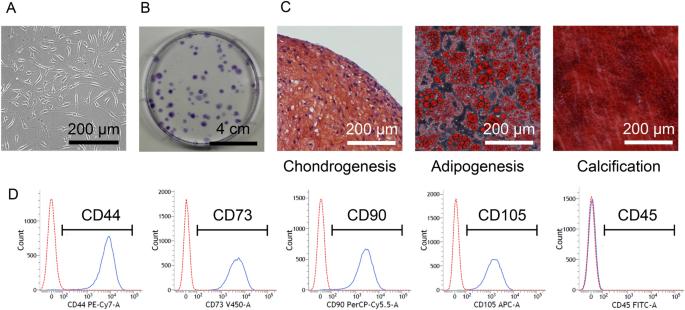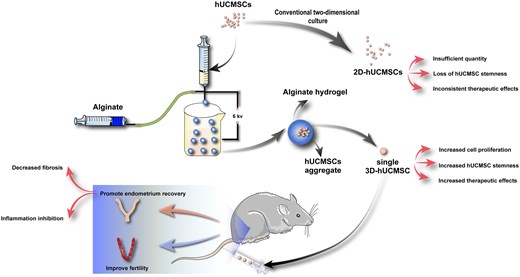by Takahiro Tanimoto, Kentaro Endo, Yuriko Sakamaki, Nobutake Ozeki, Hisako Katano, Mitsuru Mizuno, Hideyuki Koga & Ichiro Sekiya – Scientific Reports
Abstract
The possibility that mesenchymal stem cells (MSCs) can adhere to partial defects or degenerative areas in cartilage remains to be established. The purposes of the present study were to verify the adhesion of synovial MSCs to degenerated cartilage, the time course of that adhesion, and the morphological changes that MSCs might undergo during the adhesion process. The surface of pig cartilage was abraded, and a human synovial MSC suspension was placed on the abraded surface. The proportion/number of MSCs that adhered to the cartilage was quantified by counting non-adhered MSCs, measuring the fluorescence intensity of DiI-labeled MSCs, and scanning electron microscopy (SEM) observations. The presence of microspikes or pseudopodia on the MSCs that adhered to the cartilage was also evaluated. SEM confirmed the adhesion of synovial MSCs to degenerated cartilage. The three independent quantification methods confirmed increases in the proportion/number of adhered MSCs within 10 s of placement and over time up to 24 h. The MSCs that adhered at 10 s had a high proportion of microspikes, whereas those that adhered after 1 h had that of pseudopodia. MSCs showed time-dependent morphological changes and increased adhesion to degenerated cartilage after placement of the human synovial MSC suspension.




